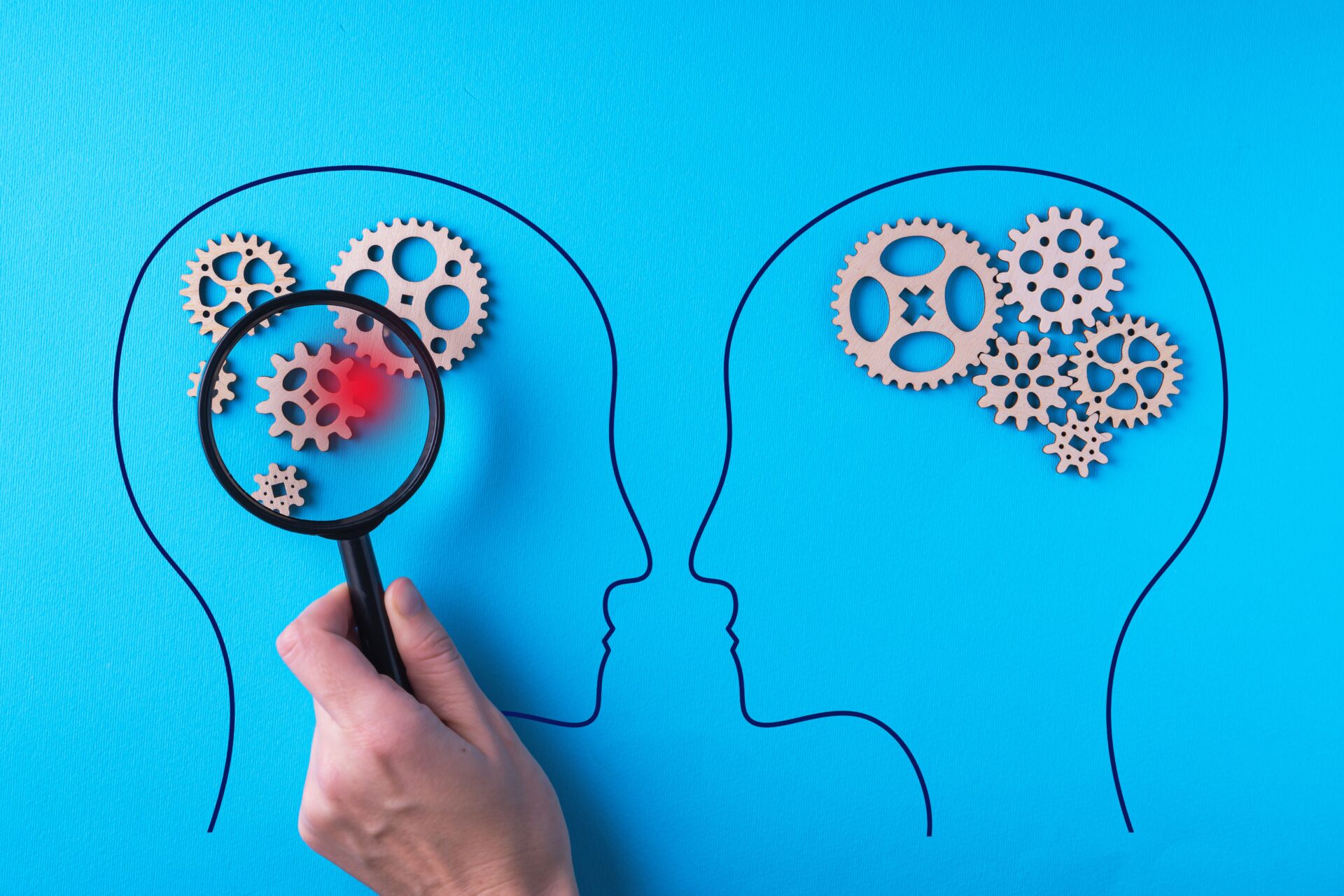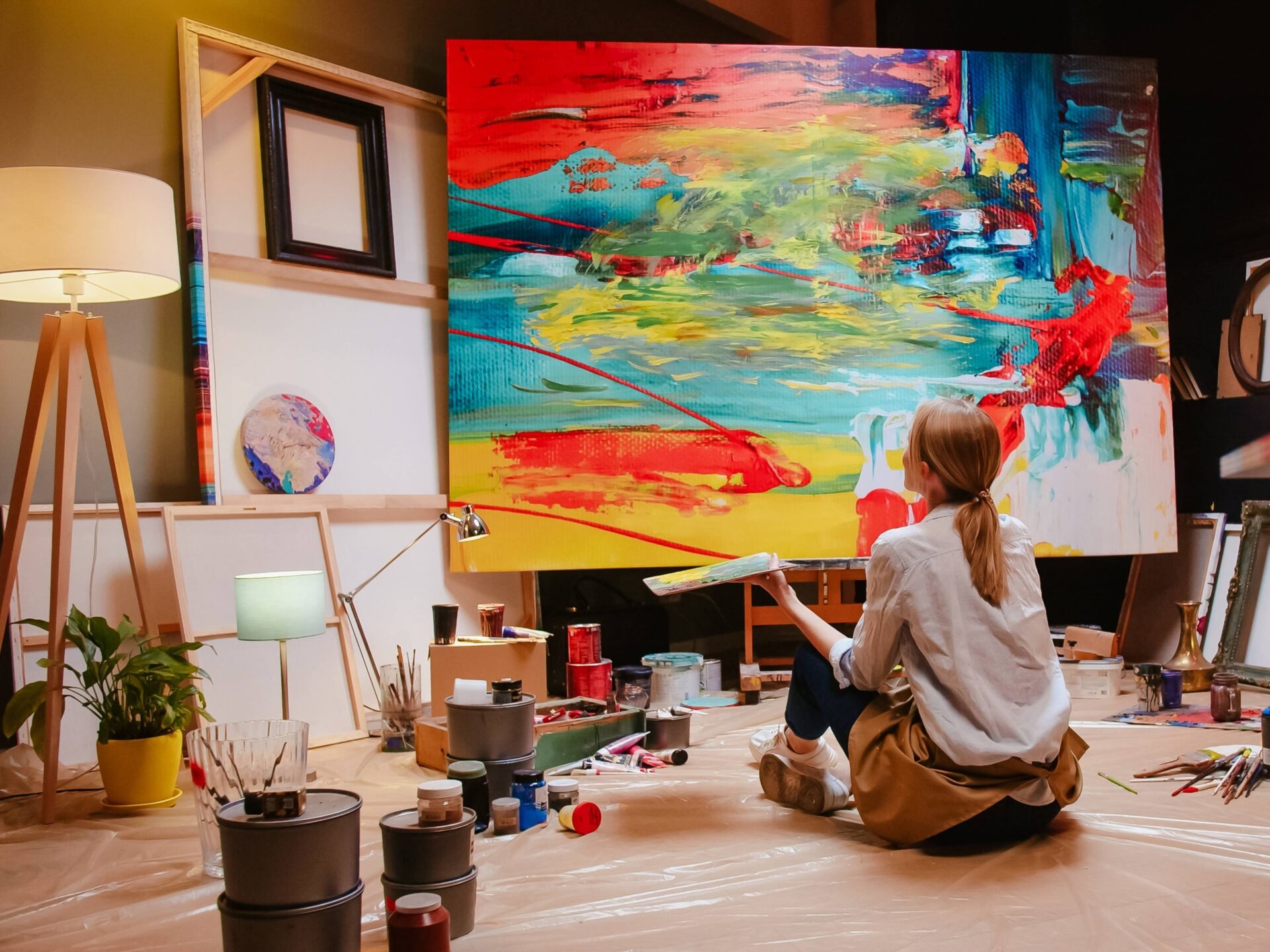More in Career ...
The science of creativity, genetics and careers
• 5 mins read
Recent research indicates that creativity can yield diverse and sometimes conflicting effects on individuals’ career paths and overall life satisfaction
As the saying goes, “There is only a fine line between genius and madness.” From the legendary painter Vincent van Gogh to the enigmatic billionaire Elon Musk, their creativity is celebrated yet occasionally viewed as eccentric.
While creativity is often regarded as a hallmark of humanity, mixed perspectives exist on how creativity intertwines with well-being and career success. How does creativity influence mental health and overall well-being? Can it be both a blessing and a burden in one’s professional journey? What role do genes and genetic factors play in this intricate interplay?
Li Wendong, Associate Professor of the Department of Management at the Chinese University of Hong Kong (CUHK) Business School, sought to address these questions in his recent study titled A genome-wide association study of occupational creativity and its relations with well-being and career success.
“Our findings suggest that genetic variants associated with creativity might simultaneously enhance the likelihood of experiencing both low and high levels of well-being.”
Professor Li Wendong

Given that creativity is a multifaceted concept that proves to be quite challenging to measure, Professor Li and his collaborators categorised occupational creativity into three domains: artistic, scientific and managerial. “We examine the genetic architecture of occupational creativity in a large-scale study and probe the genetic correlations between occupational creativity with well-being and career success,” he says.
Professor Li and his PhD student Yu Kaili conducted the study in collaboration with Zhang Xin of the Shanghai University of Finance and Economics, Song Zhaoli of the National University of Singapore along with his PhD students Zhu Yimo and Du Nianyao, as well as Fan Qiao of Duke-NUS Medical School.
The team conducted a large-scale genome-wide association study using data from the UK and the US, and the main analyses were based on around 500,000 participants who were 40 years old or older in the UK. Their analysis revealed intriguing—and sometimes contradictory—relationships between creativity, mental health, happiness, and career outcomes.
Complex relationship between creativity and well-being
One of the key findings is the intricate genetic connection between creativity and well-being. “There are genetic overlaps between creativity with both positive and negative well-being indicators,” says Professor Li.
On the one hand, creativity is positively associated with indicators of good health and happiness, including longevity and subjective well-being—a self-assessed measure of life satisfaction and happiness.

On the other hand, the researchers identified positive genetic links between creativity and indicators of diminished well-being, such as bipolar disorder, schizophrenia, and autism, suggesting that the same genes that foster creative brilliance may also harbour risks for mental health disorders.
The study also unveils varying genetic connections between different forms of creativity and well-being indicators. For instance, artistic creativity showed a stronger association with schizophrenia, while managerial creativity exhibited a closer link with subjective well-being, and scientific creativity demonstrated a heightened correlation with autism compared to managerial creativity.
“Our findings suggest that genetic variants associated with creativity might simultaneously enhance the likelihood of experiencing both low and high levels of well-being,” Professor Li adds. “However, various forms of creativity exhibit distinct genetic influences on mental health and well-being.”
Are artists destined to earn less?
There is a stereotypical view that individuals in creative fields often face unique challenges, as careers in areas like the arts are perceived to earn less compared to professionals in many other industries. However, Professor Li and his collaborators paint a more nuanced picture.
“We found significant and positive genetic correlations between creativity and indicators of high levels of career success, including income and occupational status,” Professor Li says. This means that the same genes positively linked to occupational creativity may enhance the chance for employees to earn high levels of income and have prestigious occupations.

Notably, the researchers observed that managerial and scientific creativities exhibited stronger positive genetic correlations with income compared to artistic creativity. This suggests that while artists possess the genetic potential for financial success, individuals in managerial and scientific roles may have a natural advantage in achieving higher earnings.
However, creative individuals often report higher levels of job satisfaction, which is considered an indicator of career success. “The different genetic correlations of the different types of occupational creativity with other variables point to the importance of differentiating creativity into different domains,” Professor Li adds.
Fostering an inclusive work environment
The study also uncovers the genetic intricacies underlying various forms of creativity. The researchers observed higher heritability in artistic and scientific creativities compared to managerial creativity. In other words, genes may play a more important role in shaping artists and scientists.
Nevertheless, Professor Li cautions that establishing a clear causal link between creativity, mental health, and career success remains a challenge. He calls for a deeper exploration of these correlations and their genetic underpinnings in future research because the definition and measurement of creativity at work can sway results.
Genes associated with creativity are intricate and multifaceted, capable of sparking bright, creative ideas while also potentially presenting risks and challenges to mental health. By revealing the complicated genetic associations, Professor Li underlines that the recent study offers valuable insights into leveraging creativity for enhanced well-being and career success.
In the workplace, creative individuals who struggle with interpersonal communication could benefit from tailored support, such as adequate space and resources provided by companies. “Managers should understand the importance of how environment can help release individual potential and create a positive, healthy and inclusive work environment to maximise the positive role of the creativity gene,” he suggests.
From an individual perspective, Professor Li highlights the dual nature of creativity. “While everyone aspires to be creative, individuals should also focus on self-adjustment and stress management to ensure sustained and healthy creativity,” he advises, encouraging individuals not to hesitate in seeking assistance when needed.








